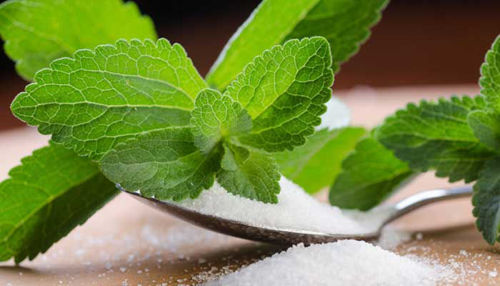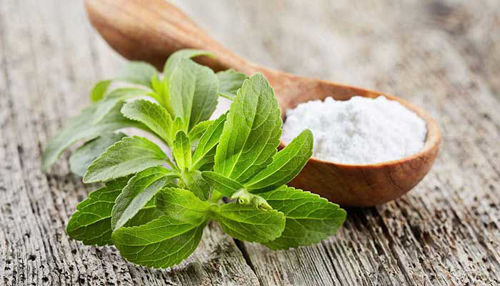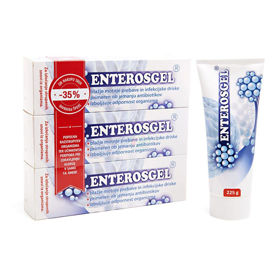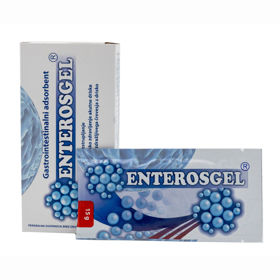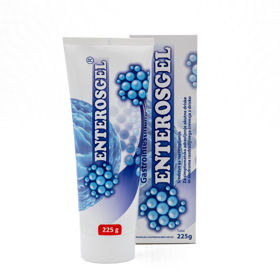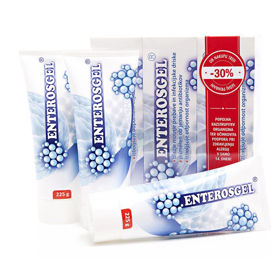Food poisoning is a type of foodborne illness and is a health complication that people acquire from eating food that is infected with microbes (bacteria, viruses) and toxins produced by these microorganisms < /robust>
FOOD POISONING: Food poisoning, in general, | Symptoms of poisoning | Causes of poisoning | Diagnosis | Most common causes | Doctor's visit | Poisoning treatment | Self-healing | Questions and Answers | Sources/references
Food poisoning can cause a wide variety of symptoms, which can be mild, but the symptoms can also be intense and very unpleasant. Symptoms are most often diarrhea in connection with vomiting and an irritated stomach.
Symptoms often appear quickly - within a few hours, but no later than three days after eating contaminated food. In some instances, representation with food can also cause other related diseases.
The most common symptoms of food poisoning
The consequences of food poisoning are often very unpleasant.
The following symptoms often manifest poisoning:
- nausea
- diarrhea, diarrhea
- vomiting
- dehydration
- fever
Symptoms often appear a few hours or even days after the infection. The infection is usually the result of poisoning with spoiled or infected food.
Video content: the most common symptoms of food poisoning

Most people suffer from mild symptoms, but often mainly vomiting, and thus removing the infested contents eases the situation.
Occasionally, food poisoning can cause an unpleasant medical condition and more severe complications. However, in most cases, using certain drugs is not necessary to alleviate problems caused by food poisoning.
Causes of food poisoning
Food poisoning is usually the result of eating contaminated or poisoned food. Food is usually contaminated with bacteria, viruses, or parasites. All of the above can release toxic components into their environment, which causes digestive problems when ingested.
The most common infections are bacterial infections, especially:
- Salmonella
- Campylobacter,
- Clostridium perfringens and
- Escherichia coli (E. coli)
Video Content: Causes, Symptoms, and Treatment with Dr. Berg.

Infections with these types of bacteria often result in diarrhea, vomiting, or an irritated stomach.
Diagnosis of poisoning problem
Diagnosis of digestive problems resulting from poisoning is based on a physical examination by your physician.
You will usually need to explain the following to your Doctor:
- your symptoms
- food and drink you recently consumed
- travel abroad, especially to exotic places
- recent medication changes
- symptoms experienced by people who ate with you
Based on what you heard, your Doctor may request the following tests:
Stool examination: checking for traces of bacteria, viruses, parasites, and their toxins
Blood test: verification of the cause of problems can also be determined based on a blood test, as blood often reflects the nature of the disease from which you are currently suffering.
It is often tough to determine which food was dejanxo contaminated, especially since several hours or days may pass between the onset of symptoms and the consumption.
The most common causes of poisoning
Video content: causes, symptoms, and treatment of food poisoning.

| Type of bacteria/virus | Time of onset of symptoms | The most common source of infection |
| Bacillus cereus | 30 minutes to 15 hours | Food that has been outside for too long (rice, meat, soups, leftovers) |
| Clostridium botulinum | 18 to 36 hours after ingestion | In babies, the problem is mainly the consumption of honey, but otherwise, the problem is mainly fermented foods, fermented beans, industrially preserved food, etc. |
| Listeria | 9 to 48 hours for digestive tract problems | unpasteurized milk, hot dogs, frozen fish, fruits, vegetables |
| Norovirus | 12 to 48 hours after ingestion | Seafood and fresh fruits and vegetables. Prepared meals, such as salads and sandwiches that a person with the virus has touched. Food or water contaminated by the vomit or feces of a person with the virus. |
| Staphylococcus aureus | 30 minutes to 8 hours after ingestion | Meat, eggs, potato salad, or creamy baked goods that have been exposed to room temperature for too long or have not been refrigerated. Food that has been processed by a person infected with bacteria - they are often found dermally after sowing. |
| Shigella | often 1 to 2 days | The problem is often contact with a person who is sick. Food or water contaminated with human feces. It is often prepared food prepared by the person with Shigella. |
| Shell poisoning | usually 30 to 60 minutes after ingestion but no later than 24 hours after ingestion | Clamshells, including cooked clams, from coastal seawater contaminated with toxins. |
| Rotavirus | 18 to 36 hours | Food, water, or objects such as faucet handles or utensils that are contaminated with the virus. |
| Hepatitis A | 15 to 50 days | Raw and undercooked shellfish, fresh fruits and vegetables, and other raw foods. Food and water contaminated with human feces. Food preparers who have hepatitis A. |
Doctor's visit and preparation
In most cases of poisoning, a visit to the Doctor will be unnecessary. Usually, time and rest are needed.
The Doctor may ask you the following - prepare yourself:
- When did the symptoms start?
- Do you notice that the symptoms are constant, or do they only appear for a certain period, after which the problem stops, and it appears again after a while?
- Do you suffer from diarrhea that is bloody?
- Is your stool black?
- diet lately
- does anyone else have similar symptoms; perhaps you can detect some similarities?
- Have you traveled recently? If so, where?
- Have you changed your medications since you suffered from these health problems?
- Were you taking antibiotics or any other medicines before the onset of the problems?
- Which dietary supplements and herbal supplements do you usually take?
Less common symptoms of food poisoning
- headache
- general weakness
- swallowing problems
- changing the sound of your voice
- difficulty moving and walking
- double vision
- numbness on the skin
When to go to the Doctor immediately?
Babies and children
- you do not notice urination
- vertigo
- frequent vomiting
- fever that persists
- black discoloration of stool
- reddish discoloration of stool
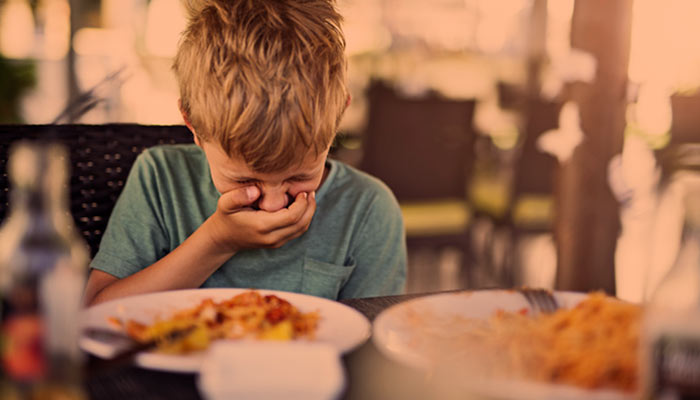
- painful defecation, abdominal pain
- vertigo
- any fever above 38.9 degrees Celsius
- common medical conditions of concern
- excessive thirst
Adults
- problems with the nervous system: blurred vision, tremors, and weakness of muscle tissue
- changes in thinking, thinking, often in an illogical direction
- frequent vomiting
- diarrhea lasting more than 72 hours
- increased temperature to 39.4 degrees Celsius
- symptoms of severe dehydration
TREATMENT OF FOOD POISONING PROBLEMS
Treatment of complications that follows what happens after eating poisoned food depends on how severe the symptoms are and what caused the poisoning.
Video content: first aid for food poisoning.

Treatment can take place in the following ways:
Antibiotic treatment
If bacteria cause the problem, your doctor may prescribe an antibiotic. Antibiotics are drugs intended for treating more severe infections, especially in people with more serious diseases who are at risk.
Replacement of body fluids
Fluids, electrolytes, and maintaining the body's fluid balance are essential. Electrolytes include minerals such as sodium, potassium, and calcium, which must be balanced.
When you are vomiting, which is very common with food poisoning, it is essential to replace all lost electrolytes as soon as possible with the help of rehydration solutions purchased at the pharmacy.

If poisoning is associated with frequent vomiting, this also means more significant losses of minerals and fluids. If they are not replaced quickly enough, the problem can be significant, and the complication may need to be solved in the hospital.
In such cases, the hospital arranges for the replacement of electrolytes and glucose by intravenous administration.
Treatment against parasites
For specific, more difficult complications, your personal Doctor may decide and prescribe a drug to terminate the parasites. This decision is expected when the parasites are particularly stubborn and resistant and can cause much damage.
Ingestion of microorganisms
The balance in the digestive tract between microorganisms is crucial for maintaining health and general well-being. Since health begins right in the digestive tract, taking care of this balance is essential. Therefore, one of the general pieces of advice of the Doctor is usually to take microorganisms in such cases of disturbed balance.
How to choose the right product with microorganisms?
To make selecting the right product as easy as possible, we provide valuable tips for choosing the right product.
Before deciding, carefully read the declaration and general instructions on each product.
Some critical information to pay attention to:
CFU - the value of CFU or in English colony forming units represents a value measured in billions. Gastroenterologists suggest taking nutritional supplements with at least 10 billion cfu of bacteria per 1 dosage unit.
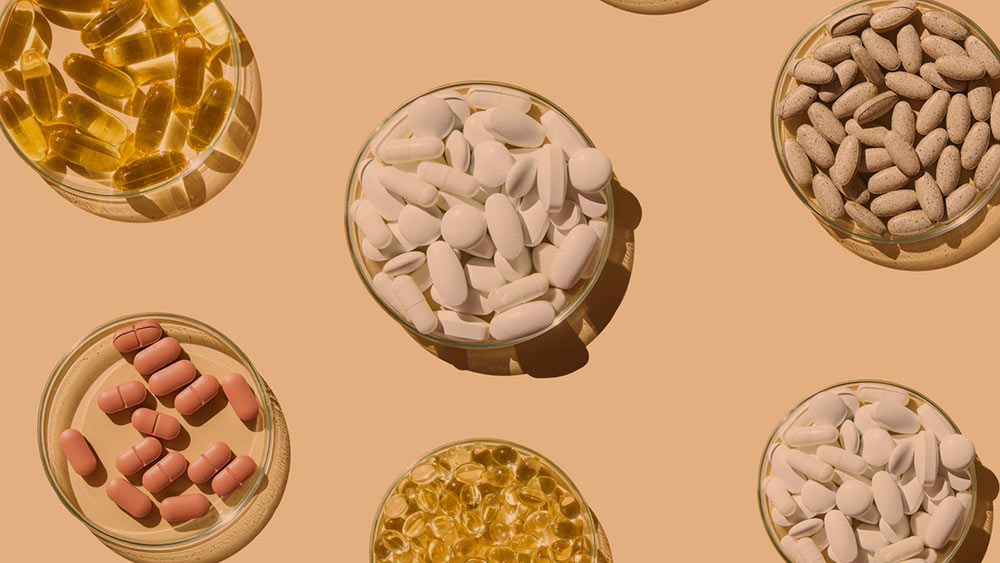
BACTERIAL STRAINS - different bacterial strains also have different effects on the organism - for example, the strain: Lactobacillus acidophilus is a well-known strain taken as supportive therapy for diarrhea in case of lactose intolerance.
DOSING - for the action of probiotics to be the best and most effective, it makes sense to take nutritional supplements with at least 30 billion cfu per dose. Dosing the probiotic preparation on an empty stomach up to twice daily makes sense.
Taking a nutritional supplement with microorganisms should last at least three months.
HEALING DIARRHEA AND IRRITATED STOMACH
Diarrhea that is not bloody, and if the person does not suffer from an elevated body temperature, it makes sense to take medicines containing the active ingredient loperamide.
Video content: What is diarrhea? Causes, symptoms, and signs.

In case of stomach irritation, the Doctor will often prescribe a medicine containing bismuth subsalicylate.
Prescribed medicines are not suitable for use in children. Therefore, before using the medication, please read the instructions and use them by them and as prescribed by the Doctor.
Home self-treatment
Usually, food poisoning problems go away after vomiting and defecating within 48 hours.
Video content: quick relief from possible food poisoning problems.

During this time, take care of sufficient hydration and replacement of electrolytes, and below, we list some additional suggestions that alleviate the discomfort accompanying poisoning with contaminated food.
Make sure you rest - rest and time are essential factors that mainly affect the improvement of the current condition you are experiencing
Don't eat certain foods to which your digestive system can overreact - don't eat during this period:
- hot additives,
- acidic foods (citrus, carbonated drinks, tomatoes, salad dressings),
- food with a high-fat content (fried food, cream sauces, urban meat),
- fruits with a high fructose content (mangoes, bananas, apples, etc.),
- Non-fermented dairy products often cause problems in the digestive tract and problems with various tolerances.
After the digestive complications have eased, slow down your eating or start eating at a slower pace.
Frequently Asked Questions and Answers
How long does food poisoning last?
Symptoms usually develop no later than seven days after eating contaminated food and can last up to a week[1].
How quickly does food poisoning occur?
The time it takes for symptoms of food poisoning to appear can vary. Illness often starts in about 1 to 3 days. But symptoms can appear anytime from 30 minutes up to 3 weeks after eating contaminated food. The duration depends on the type of bacteria or virus causing the disease[2].
How do you confirm food poisoning?
Doctors often diagnose food poisoning based on the symptoms you are experiencing. Testing is usually unnecessary if your symptoms are mild and last only briefly. In some cases, history, physical examination, stool tests, and blood tests can help diagnose food poisoning[3].
How do you know if it's food poisoning or a stomach virus?
The critical difference is mainly the timing: symptoms of the presence of a stomach virus develop from 12 to 48 hours after ingestion, while the symptoms of food poisoning usually develop much faster, usually 6 hours after eating the infected food. Another common difference between the two is mainly the length of the disease[4].
Sources and references
Source: Family Health Guide. Conventional and alternative treatment, Dr. Jaro Lajovic, Publishing House Mladinska knjiga
1. Food poisoning - https://www.nhsinform.scot
2. Food Poisoning - https://www.hopkinsmedicine.org
3. Diagnosis of Food Poisoning - https://www.niddk.nih.gov
4. Do you have a stomach bug or food poisoning? - https://physiciansimmediatecare.com





